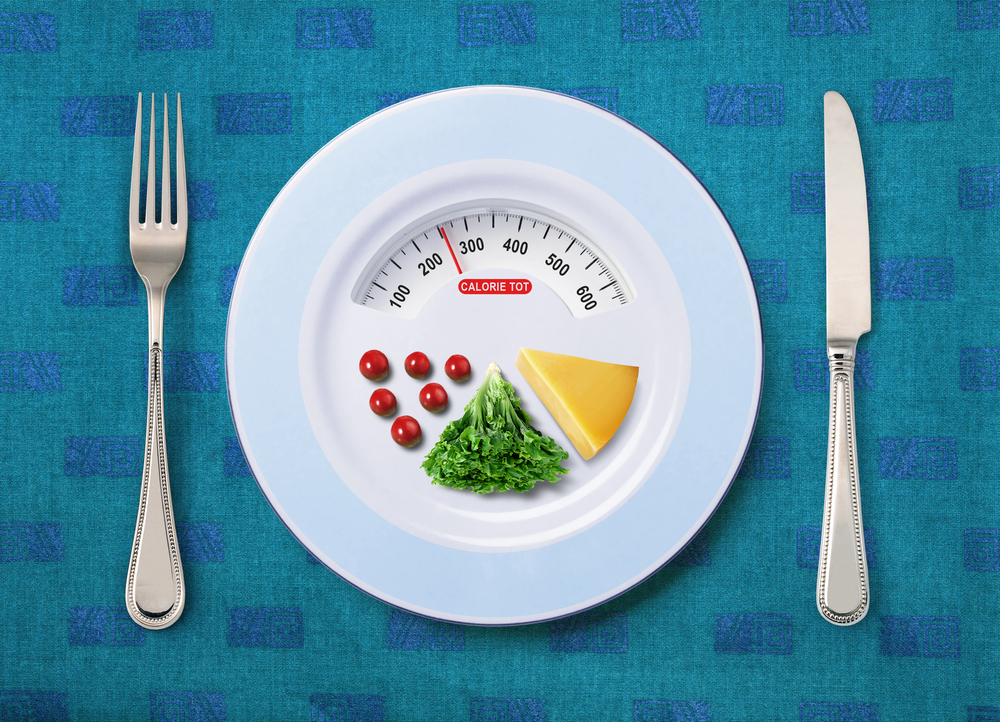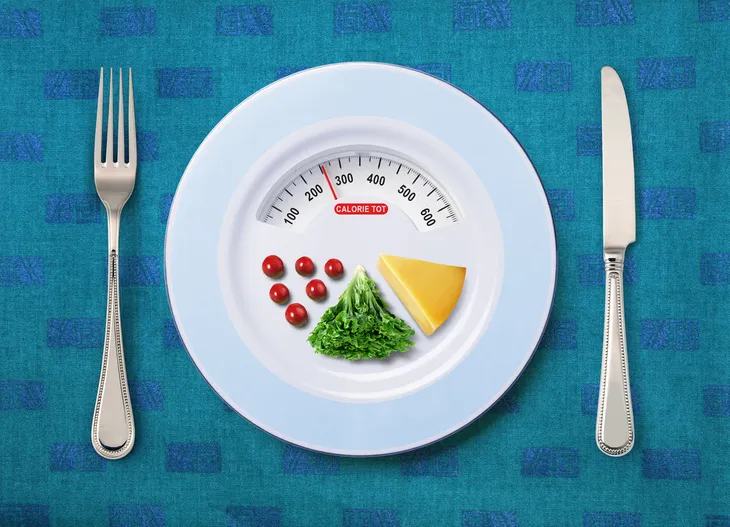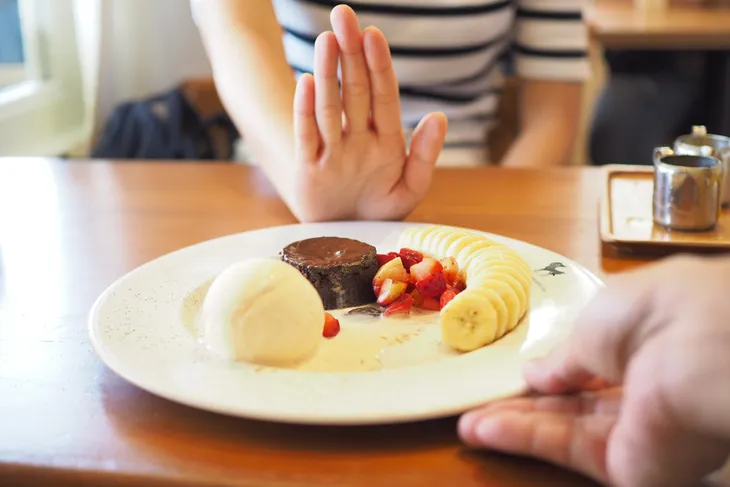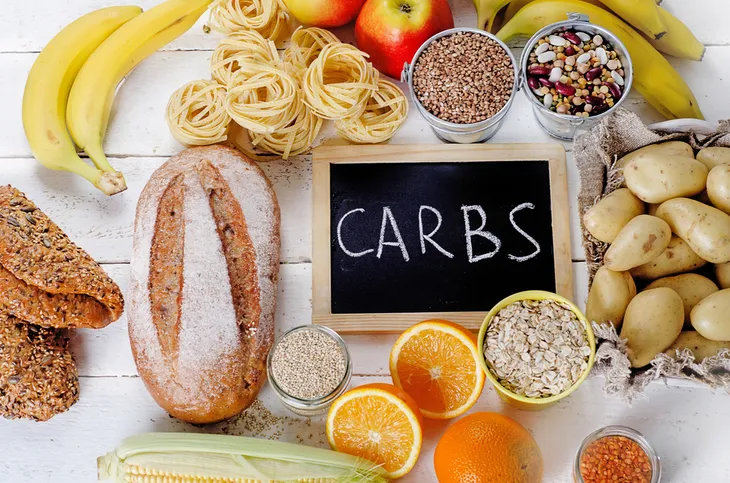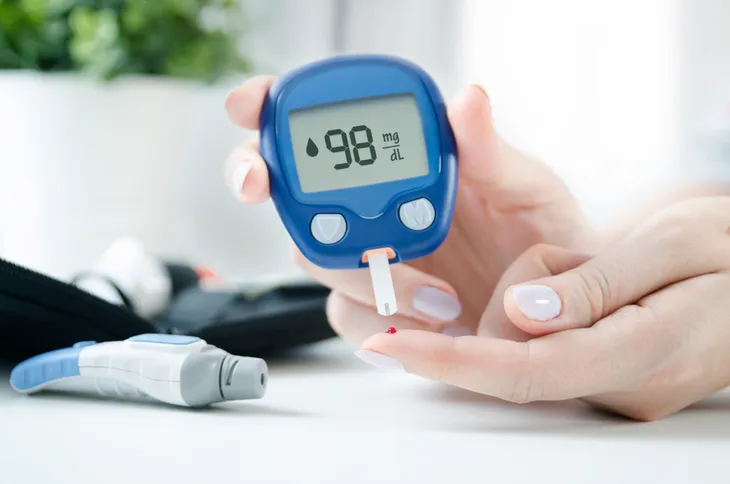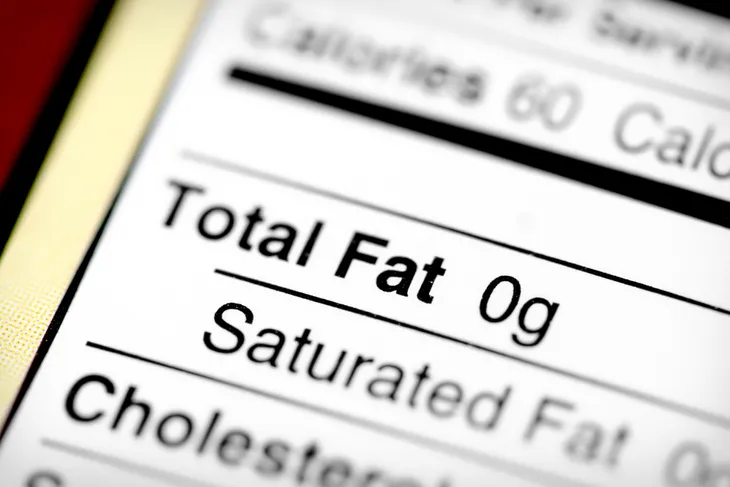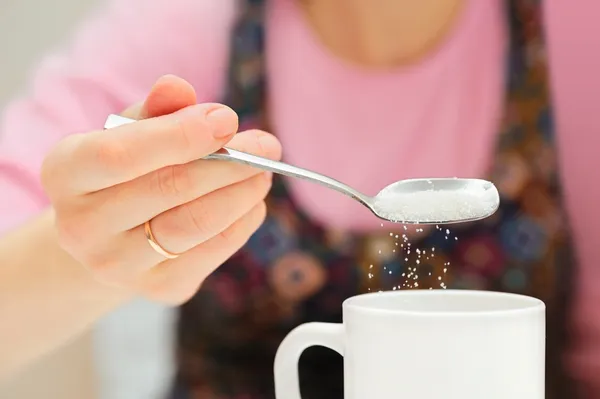A type 2 diabetes diagnosis can be stressful as is, however, when you start to contemplate what you can and can’t eat, it can be very overwhelming. Add a bunch of foolish myths to your new lifestyle and you may not know what you can eat and what is dangerous.
That’s why we’ve decided it’s prime time to debunk these eight common diabetes myths…
Excess Sugar Causes Diabetes
Although being overweight does contribute to the onset of type 2 diabetes, the idea that consuming too much sugar causes the actual condition is foolish. Consuming too much sugar is dangerous for your teeth and waistline, but it doesn’t cause type 2 diabetes. The body’s inability to produce a hormone (which is made by the pancreas) that regulates the amount of glucose in the blood is the cause of type 2 diabetes. This inefficiency means that the body is unable to break down food into the energy needed to fuel your cells.
Diabetes Diets are Extremely Limiting
If you fear there will be too many rules around the foods you can and can’t eat on a diabetes diet—don’t worry. You will still be able to consume many of your favorite foods without issue. However, planning your meals and administering your medication properly is a must for managing your diabetes. For instance, you may need to bring snacks with you so you can refuel if your blood sugar plummets and you will need to have your medication with you at all times in case of a blood sugar crash.
Diabetics Can’t Eat Dessert
Sure, you can enjoy dessert on a diabetes diet. You just have to be more conscious about portion sizes and attempt to make dessert more of a healthy treat. For instance, you will need to incorporate more fresh fruits, whole grains, and less sugar in the desserts you make at home. For example, instead of apple strudel; try apple crisp made with fresh apples, whole grain oats, apple butter (as the sweetener), and a scoop of yogurt instead of whipped cream on top.
Diabetics Have to Cut Carbohydrates
Carbohydrates are not forbidden for type 2 diabetics. In fact, healthy, complex carbohydrates—such as whole grains, brown rice, fresh fruits, and fresh veggies—are full of many of the essential vitamins, minerals, and fiber you need to maintain a healthy, balanced diet.
Eat What You Want As Long As You Manage Blood Sugar Levels
Part of becoming knowledgeable about your condition is learning how to manage your blood sugar levels. However, that doesn’t mean you can gorge on refined sugar and empty carbohydrates and use medication to stabilize your blood sugar. This is dangerous and a prescribed drug should be taken to doctor’s orders.
I’ll Only Be Able to Eat Low Fat, Low Calorie Foods on a Diabetes Diet
Just because a cookie or a bag of chips is labeled “low fat” or “zero calories” doesn’t mean it’s healthier. And those with type 2 diabetes need to learn how to properly read packaging labels so they know what ingredients are in the foods they consume. Instead, talk to a dietitian and learn to make healthier meals at home.
People With Diabetes Are Only Permitted Artificial Sweeteners
Artificial sweeteners are traditionally a lot sweeter than sugar or honey, which means you need a fraction of the amount to sweeten a cup of coffee or tea. Artificial sweeteners—such as aspartame, sucralose, acesulfame potassium, and stevia, are approved for use by the American Diabetes Association because they help diabetics consume fewer calories. You can still consume regular sugar; you just need to be conscious of keeping your portions low.
Now My Entire Family Will Be Stuck Eating Diabetic Foods to Accommodate Me
Chances are your family doesn’t even know what a “diabetic diet” entails. The only switch you will be making is increasing your intake of healthy, fresh foods in place of processed and refined foods; and eating fewer calories and fat, and lower portion sizes—and this means that your whole family will benefit from the healthier choices you’re making.
